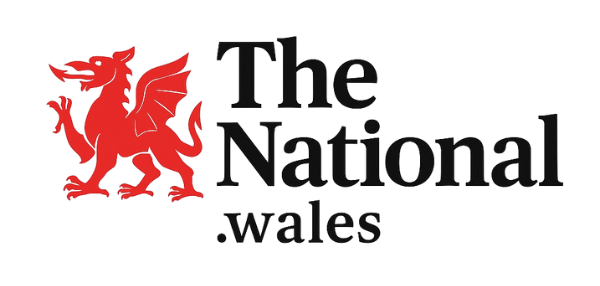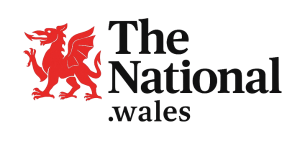Share:
The Welsh Government, partnering with Digital Communities Wales, is advancing digital inclusion for social housing residents by expanding the Minimum Digital Living Standard, a citizen-driven framework to ensure equitable access to digital resources.
The Minimum Digital Living Standard, shaped by citizens and organizations, sets out the essential requirements for digital inclusion in today’s society. This framework emphasizes that digital inclusion involves more than just internet access—it requires essential digital goods, services, and skills to fully engage in modern life. Cabinet Secretary for Social Justice, Jane Hutt, stated, “Wales has been leading the way on digital inclusion for over 10 years, and I’m exceptionally proud of our work on the Minimum Digital Living Standard.”
The expansion builds on effective pilot programs with Monmouthshire Housing Association and North Wales Housing Association. Grants provided to these social housing providers have enhanced residents’ digital confidence and skills. Digital Communities Wales supported these pilots by delivering basic digital skills training, enabling residents to use technology safely in their daily routines.
Pilot projects demonstrated significant advantages for residents. At North Wales Housing Association, workshops alleviated concerns about online dite scams and allowed residents to reconnect with their past through virtual tours of significant locations.
Claire Shiland, Director of Operations at North Wales Housing Association, remarked, “Digital Communities Wales has been instrumental in helping North Wales Housing Association navigate and explore a Minimum Digital Living Standard with our residents. Their expertise and collaborative approach have enabled us to better understand the digital needs of our residents.”
Digital exclusion often mirrors broader societal disparities, a challenge the Welsh Government is addressing head-on. Jane Hutt affirmed, “That’s why we’re taking bold steps to ensure everyone can benefit from digital technology if they choose to.” The Minimum Digital Living Standard acts as a cornerstone for fostering digitally confident communities.
The Welsh Government collaborates with the University of Liverpool, Cwmpas, Loughborough University, and Good Things Foundation to strengthen the Minimum Digital Living Standard as a pathway to universal digital inclusion. These partnerships ensure a robust, citizen-centered approach to the initiative.
Registered Social Housing Landlords can apply to join the expanded programme until 9 June, with successful projects launching in July. This opportunity allows more providers to adopt the successful model of the pilot programs.
Programme at a Glance
| Component | Details |
| Framework | Minimum Digital Living Standard, citizen and organization-defined |
| Pilot Partners | Monmouthshire and North Wales Housing Associations |
| Support Mechanism | Grants and Digital Communities Wales’ skills training |
| Resident Outcomes | Reduced scam fears, virtual memory tours, improved digital skills |
| Application Deadline | 9 June, projects start in July |
| Collaborators | Welsh Government, University of Liverpool, Cwmpas, Loughborough University, Good Things Foundation |
Wales’ expansion of the Minimum Digital Living Standard programme reflects a commitment to empowering social housing residents with the tools and confidence to thrive digitally. As Claire Shiland noted, “It has been more about the simple measures of access and skills, it is a stepping stone towards helping us to begin shaping a more inclusive, digitally confident community.”







